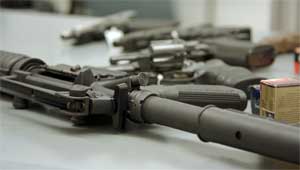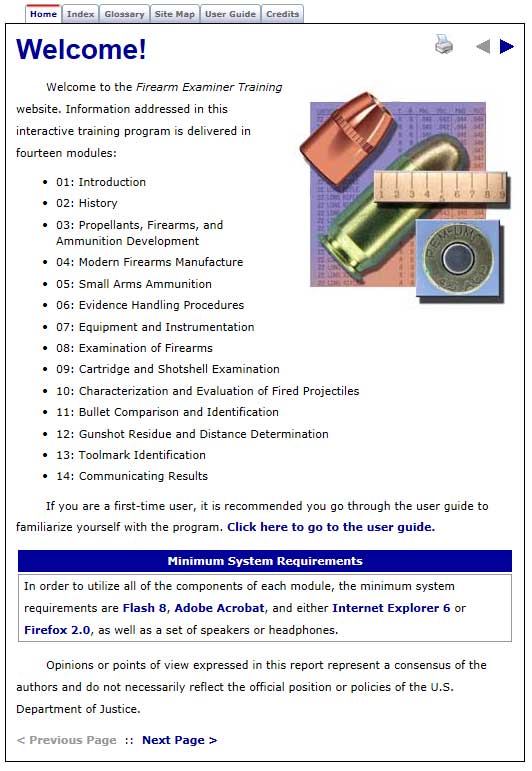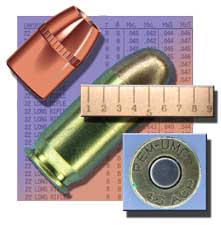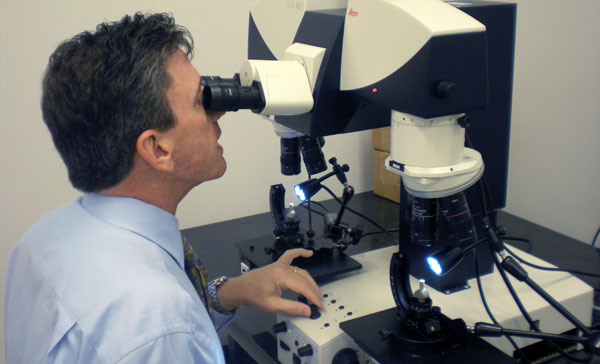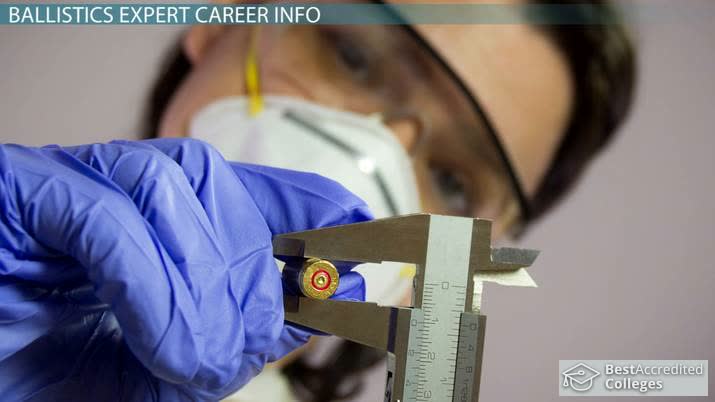Recommendation Tips About How To Become A Forensic Firearms Examiner

However, employers often prefer applicants who have a master’s.
How to become a forensic firearms examiner. Str data analysis and interpretation. If you were to give one piece of advice to an aspiring firearms examiner, what would it be? Communication skills, report writing, and courtroom testimony.
Focus on a hard science degree (chemistry, biology, physics…) and definitely get. Firearm and toolmark examiner trainees shall be required to have a minimum of a bachelor’s degree, or international equivalent, from an accredited college or university. You want to become a forensic firearms examiner but you don't know where to start?
Here are seven steps you can take for how to become a forensic medical examiner: A bachelor’s degree or associate’s degree with two years of experience in forensic science or in physical or life sciences. Minimum education and experience requirements:
To be considered for medical school admission, you. Discover the steps and the career path to progress in your career as a forensic firearms examiner. This document provides the minimum education requirements for forensic laboratory applicants and employees entering a training program in firearm and toolmark.
The forensic discipline of firearm / toolmark identification has been well represented on the firearms & toolmarks subcommittee of the organization of scientific area.
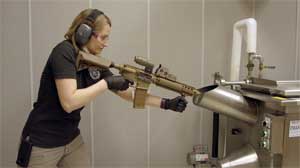
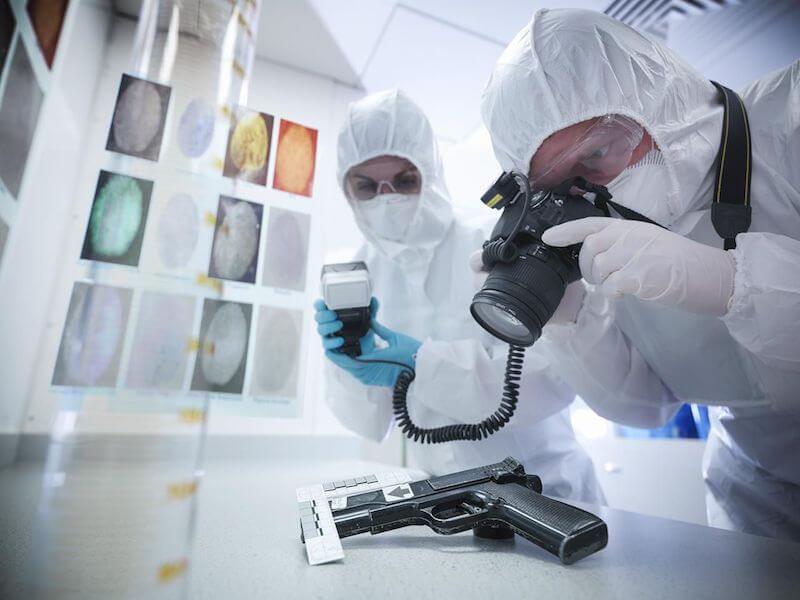
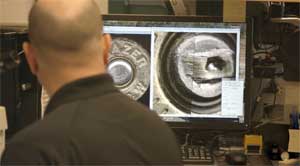

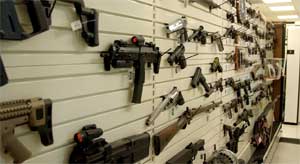

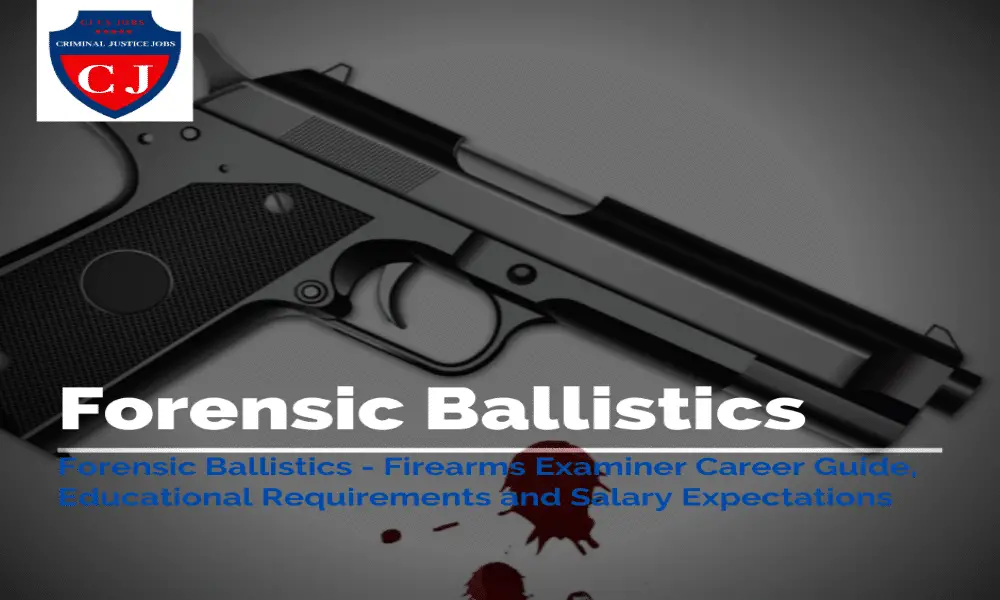
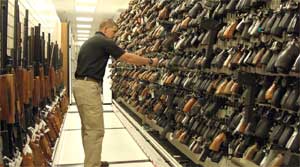
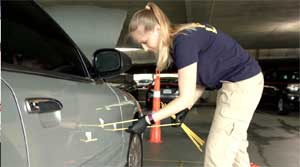

/forensics-officer-using-swab-to-collect-evidence-from-broken-window-585288119-5b40e51fc9e77c00375f1910.jpg)

